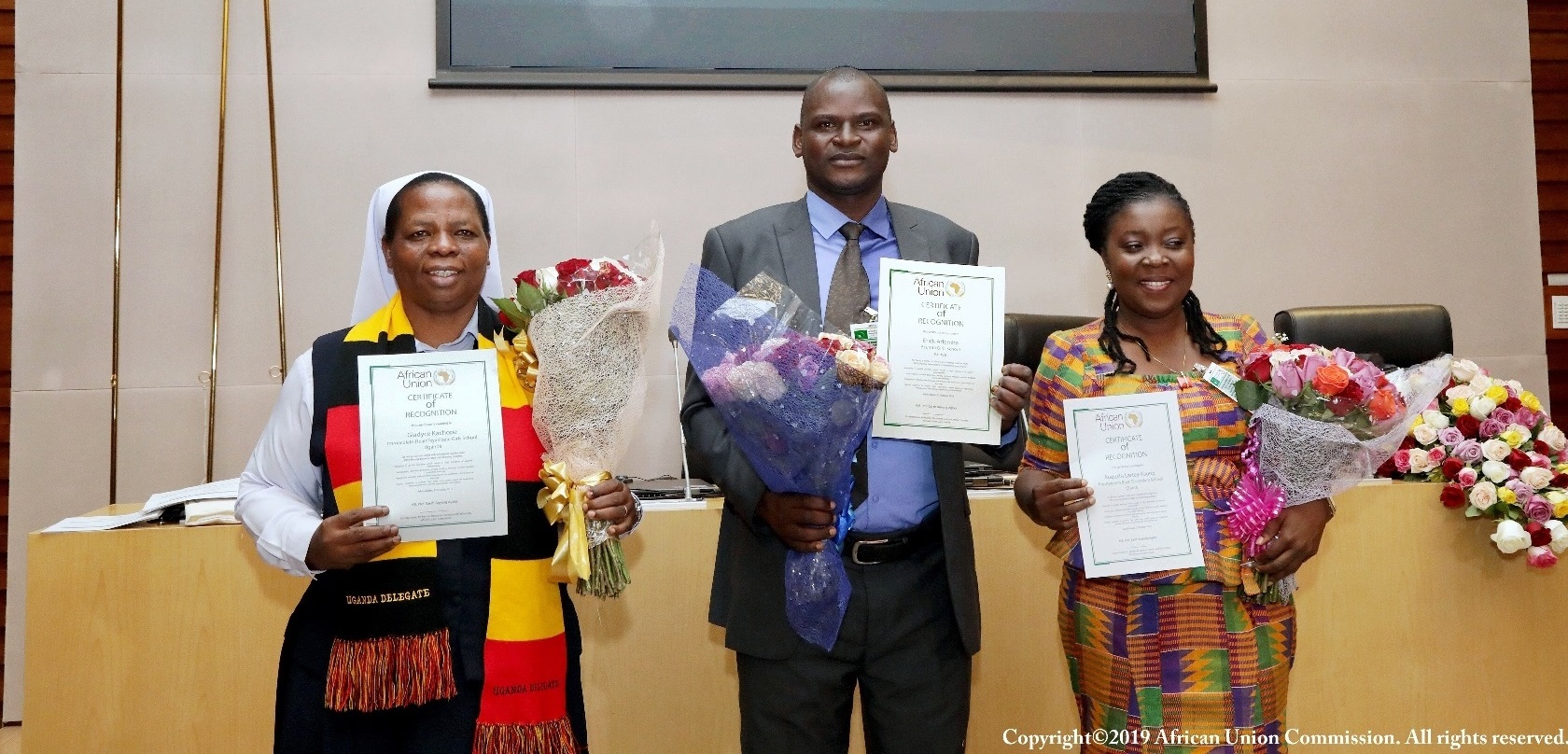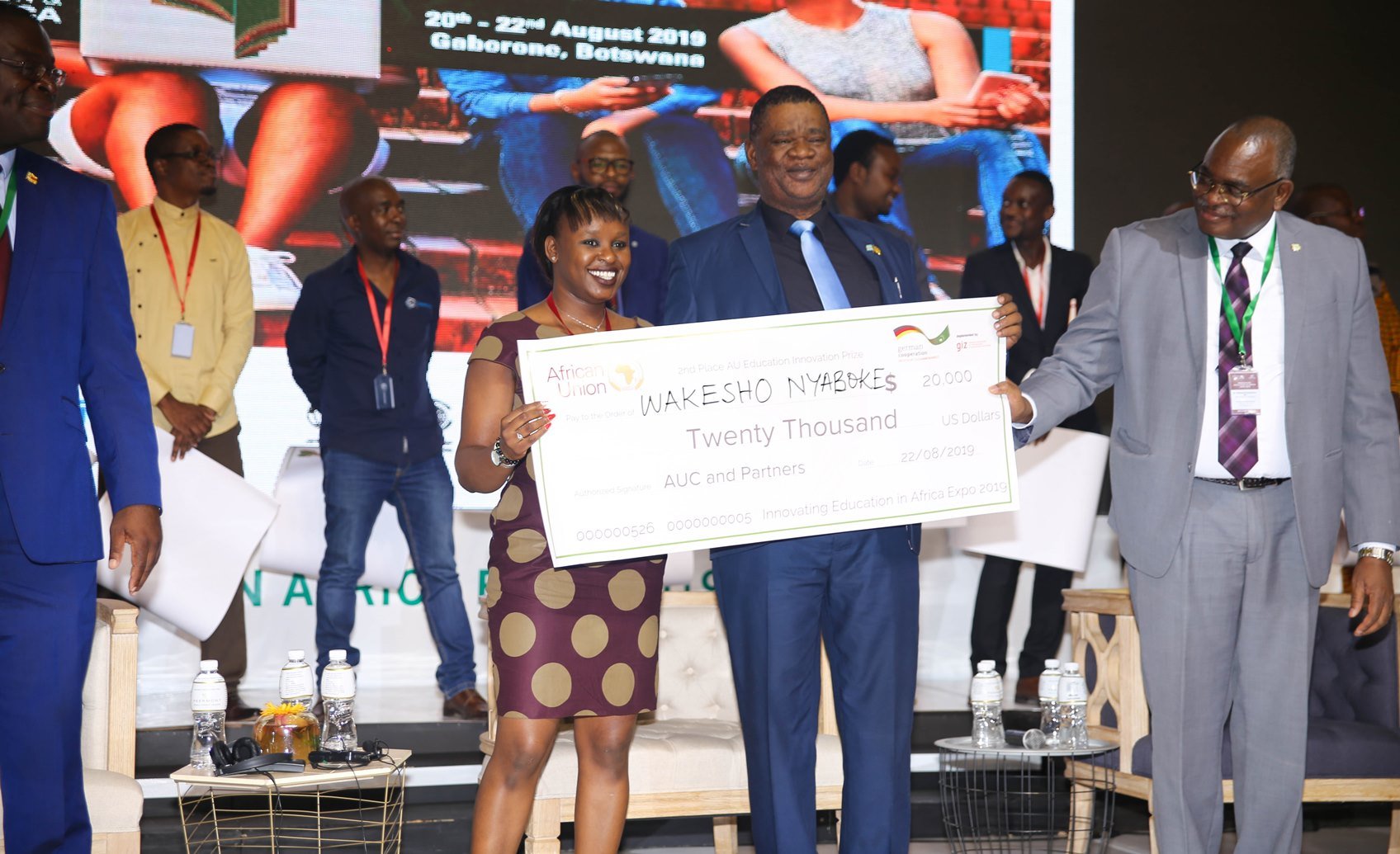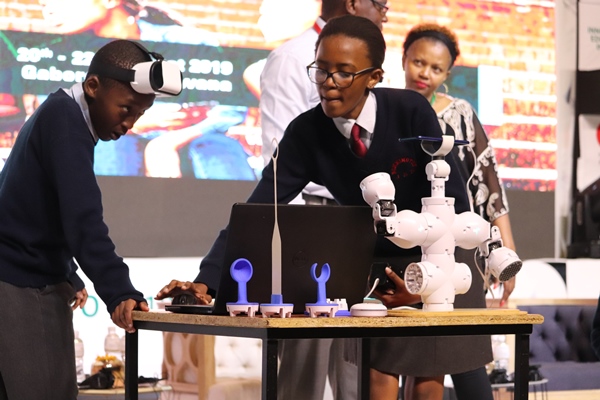Title of Innovation: RETICE-PWCS
Year of implementation: 2000
Implemented by: KA TECHNOLOGIES FRANCE SAS
Country/Countries where the Innovation is being implemented: Burkina Faso, Nigeria, Senegal, Togo
Problem being solved
RETICE-PWCS is an innovative solution aimed at creating growth and jobs while reducing the digital and energy divide in education and in the homes of students, particularly in developing countries, including in areas of insecurity and war. It therefore contributes to improving the quality of training. RETICE-PWCS, comprising both renewable energy, local cloud, wireless network and digital terminals, are organized into three "Ready-to-Use All-in-1 Kit" namely: "School Kit," "Kit Inspection" and "Home Kit."
Description of innovation
The RETICE-PWCS solution includes: server - educational applications - platform for the production of local teaching resources by teachers and students - secure local wireless network - textbooks - scientific calculator - video projector - viewer 'PC' 'individual tablet' ' various software to help with education ' autonomy without internet ' opening to the internet on demand under control.
Today, investments in conventional equipment (books, supplies, consumables, etc.) for education, vocational training for example amount to billions. But despite these billions, all African countries still have almost all of their students who are in extreme destitution of textbooks and school supplies. For the smallest part of those whose parents can afford it, children fall under the weight of their school bags because of the books and notebooks always in paper. Similarly, the transition from institutions to a true digital "status" everywhere and for all is still a myth. Because these billions are mediocrely invested without really taking advantage of the wide and real possibilities offered by the digital age, we invented RETICE-PWCS to provide solutions with multiple virtues.
Mediocrity has always been expensive, very expensive even most of the time!
The basic test at the technological level is to achieve equitable and accessible solutions for all. For example, RETICE-PWCS is designed with a broad and comprehensive technology lens that takes into account the broadest spectrum of needs, even the most constraining ones.
Outcomes and Impact
The results and impacts of innovation are:
The availability of textbooks and school supplies available to everyone and everywhere through digital technology;
Improving the conditions and quality of education and education;
The cost of books and school supplies available to all;
The creation of 2 to 3 companies of 2 to 3 associates per 1000 students to equip for the facilities different technical equipment;
Reducing unemployment and poverty;
The equitable industrialization of the territories;
Projections of truly inclusive growth.
Potential to be scaled and replicated
Innovation is organized into an all-in-one system. This allows for simplified industrial production and easy deployment. From this base, the whole establishment or company switches to digital to "zero paper" and to avoid deforestation. Institutions and businesses can operate without the internet and when they need the internet, the need can be reduced by 80% compared to situations without RETICE-PWCS.
With RETICE-PWCS, all schools in each African country can benefit from energy and digital technology within 5 years.

















